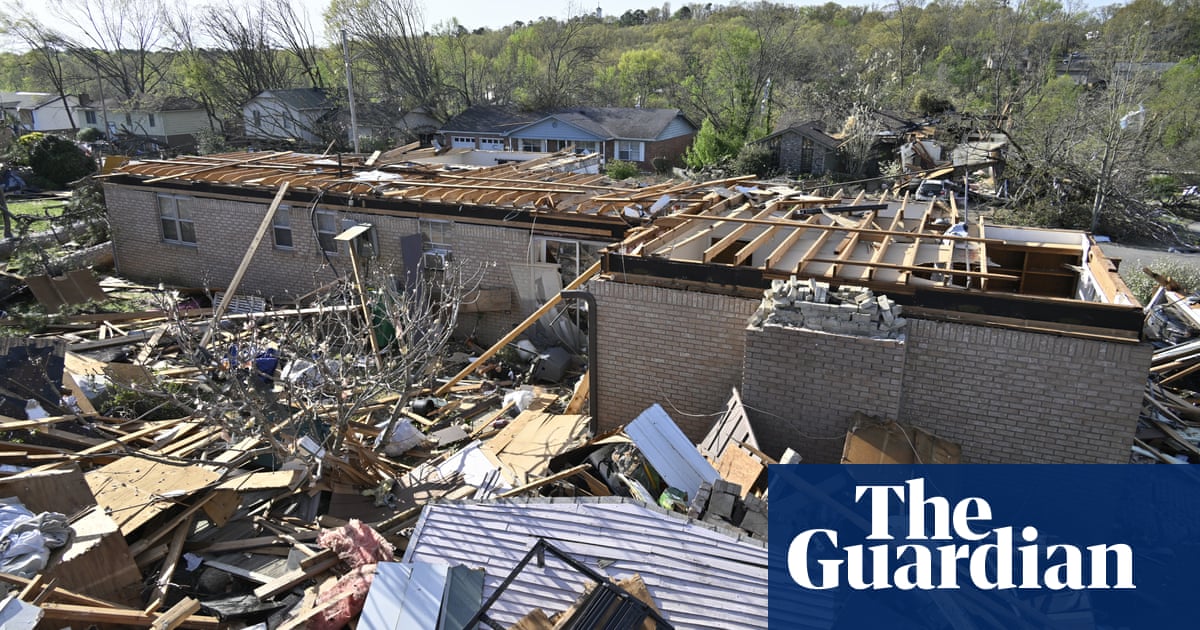Donald Trumphas denied federal disaster relief funds to the people ofArkansas, which saw dozens of people die from a series of deadly tornados last month, so legislators are pleading for him to reconsider.
More than 40 people have been found dead after a series of tornados and severe storms hit Arkansas and neighboring states Mississippi and Missouri in March, according toCNN.
Given the scale of the disaster, the state’s Republican governor, Sarah Huckabee, requested federal disaster aid as a part of an emergency declaration. That request was later denied by theTrump administration.
Huckabee and otherArkansaslawmakers have since publicly asked Trump to reconsider his decision. Huckabee sent an appeal of the decision on 18 April. US senators Tom Cotton and John Boozman of Arkansas and US Representative Rick Crawford also followed up with a letter to Trump, asking him to “reconsider the denial”.
“As Governor Sanders noted in her request, these storms caused catastrophic damage across the state, resulting in disastrous amounts of debris, widespread destruction to homes and businesses, the deaths of three Arkansans, and injuries to many more,” the legislatorswrote in a 21 April letter.
The letter continued: “Given the cumulative impact and sheer magnitude of destruction from these severe weather events, federal assistance is vital to ensure that state and local communities have the capabilities needed to rebuild.”
The latest denial of disaster funding comes as Trump has repeatedly stated that he wants to overhaul and eliminate Fema. In March, Trump signed an executive order for state and local governments toplay a more active rolein disaster relief.
“Preparedness is most effectively owned and managed at the state, local, and even individual levels, supported by a competent, accessible, and efficient federal government,” read the order.
“When states are empowered to make smart infrastructure choices, taxpayers benefit.”
Trump also ordered a review of Fema in January,later stating: “I say you don’t need Fema, you need a good state government,” while visiting the aftermath of the Los Angeles fires. He added: “Fema is a very expensive, in my opinion, mostly failed situation.”
Critics of Trump’s position have argued that he is weakening the US’s disaster readiness, especially as the global climate emergency makes natural disasters more likely and more intense.
Disaster management is also already in the hands of state and local municipalities, critics have noted. Any additional elimination of FEMA would mean slashing federal funding that states rely on after disasters.
The Guardian reached out to Fema for further comment.
